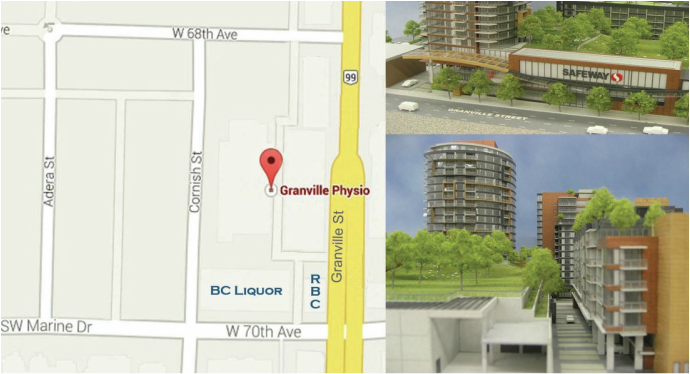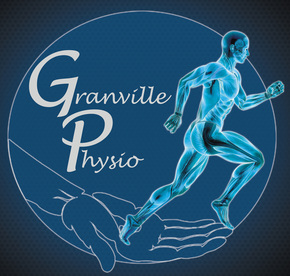tears of the rotator cuff (jenna/michael)The rotator cuff refers to a group of muscles (the supraspinatus, infraspinatus, subscapularis, and teres minor), which functions stabilize the glenohumeral joint during arm movements. All four of these muscles attach to the head of the humerus at the greater and lesser tuberosities. A rotator cuff tear refers to when the tendons of one or more of the rotator cuff muscles is injured. Often times, this injury occurs due to a fall or trauma to the joint, but it may also occur due to normal wear-and-tear with age.
|
symptoms
|
causes
|
treatment
|
how does physiotherapy help?
- The development of, and adherence to, an exercise program is essential in the recovery or a torn rotator cuff muscle, in preventing the atrophy of surrounding muscles and loss of motion due to immobilization.
- This is critical in strengthening the supporting muscles of the shoulder, and regaining function.
- Ice therapy (10-15 minutes at a time, a few times a day) can help relieve swelling and pain in the shoulder
- Intramuscular stimulation (IMS) induces local inflammation to improve blood flow, aid in healing, and reduce pain
- Promotes relaxation of the injured and surrounding muscles, and thus allows for improved mobility
- Physiotherapy is also beneficial in post-surgical recovery in promoting healing and strengthening the supporting musculature


